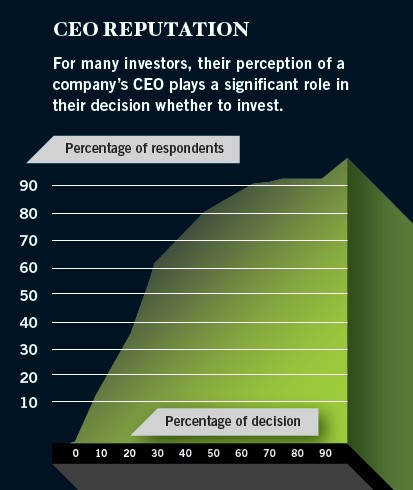When to sell your stocks is equally important as when to buy them
Post on: 31 Май, 2015 No Comment

Part 4: Selling
on March 19, 2011
Every investor has, at one time or another, lost money by selling too soon, holding a stock for too long, or buying at the wrong time. Last week we touched on the importance of buying your stock at the right time and we also discussed the importance of being patient when holding a stock. This week, were going to take step forward and talk about selling small cap stocks.
Selling High, Higher, Highest: The Holy Grail of Investing
When you consider selling any of your stocks, you have to let go of the all-encompassing goal of only selling a stock once its reached its all-time high price because unless you have a soothsayer in your employ, you will never know, for certain, whether or not a stock has reached that pinnacle price. Instead of shooting for an ultimate win, I like to determine an exit strategy before purchasing a stock. I take the time to figure out what I think the stock can do and make that achievement my cue to sell.
Determining Your Goals
Each time you buy a stock, you buy it for a reason. When you do the research to find out if its a good pick, a certain profile of the Company starts to build in your mind. Depending on the industry, sector, management team, current trends, financial performance or any number of other factors, you subconsciously outline a shelf life and potential return for the investment.
As you are doing the research and developing this outlook for performance, you need to take note of some key factors that pop up. For example:
- Is this a stock that could have a temporary surge due to an upcoming product development?
- Is this a stock that is going to have slow, long-term growth because demand for its product is going to grow gradually?
- How much growth can you reasonably expect in this stocks price, and how soon can you expect it?
Dealing with Volatility

When you are investing in small cap stocks, you need to get used to a level of volatility that just doesnt occur very often with large or mid cap stocks. Because of this, standard, oft-repeated rules for selling dont always apply with small caps.
Some investors consider it a good rule to sell when a stock has fallen 10% or more below their cost basis. Although that may be a good idea with large caps, it certainly isnt with small cap stocks because they can easily fall 10% and rebound a few days later. This usually occurs with stocks with a low daily volume (many small caps have average daily volumes of a few thousand shares or less). If an investors sells 10,000 shares of such a company at market price, generally there arent enough buyers and the stock price sinks as a result. When that happens, other investors gladly pick up the shares at an attractive price. See the TurboSonic example of last week where smart investors buy at the low price of $0.35.
Thoughts about Tax Selling
Though many advisors recommend it, I’m of the mind that you should never sell a stock in December just to take a tax loss. While you might find at the end of the year that you have stocks that are in a paper-Ioss position (this occurs when the stock’s current price is lower than the price at which the stock was purchased) that doesn’t mean it’s a good time to actually realize the loss. Statistics show that most low-priced stocks are closer to their 52-week low price in November and December.
I advise to always re-analyze the company before selling any shares. If it’s still on track to realize the goals you set when you bought the shares, then why sell?
Adjusting Your Goals to Reality
Although up to this point youve done a very good job researching the company, you have to continue to follow the company and adjust your desired sale price accordingly. Its sometimes harder to decide when to sell than it is to decide when to buy. Some of the events I look for to indicate its time to sell include:
- When a company reaches the goals theyd planned to reach when you initially bought them. The only reason why you shouldnt sell your shares at that time is if additional (bigger) goals, which you like, were set by the company in the interim.
- When it becomes clear that a company has little to no chance of achieving the goals you thought theyd eventually reach when you bought them.
- When the stock price skyrockets 50 or 100 percent over a two or three day period. In this case, its a good idea to take some money off the table. If the stock price then retracts, this can be a good point to get in again.
The best course of action, barring an unexpected and profitable jump in price, is to hold your small cap stocks until the companys price has either reached the goal price youve set for it or has reached whatever reactionary price its going to reach after events, developments, and other factors you were expecting to occur.
So how about you, do you have any special ‘strategies’ for selling?
0 comments add one














